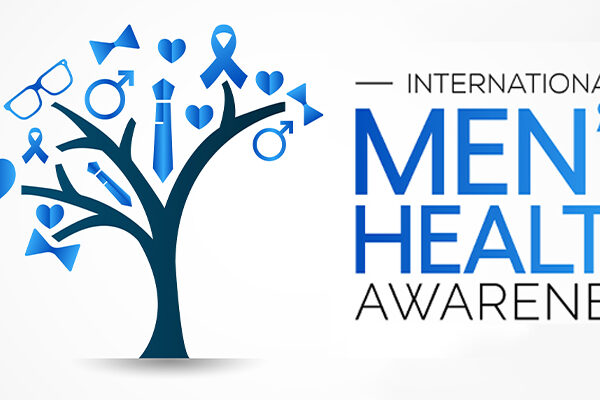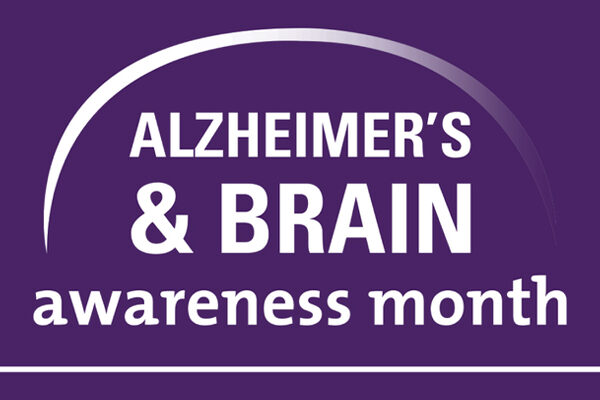Last Updated on December 30, 2024
"Not All Those Who Wander Are Lost"
What is Unspecified Depressive Disorder?
It is a term used when symptoms of depression don’t neatly fit into a specific category defined by the DSM-5. This condition disrupts daily life and has symptoms lasting at least two weeks, but it doesn’t align perfectly with other depressive disorders. The DSM-5 replaced the older “not otherwise specified” (NOS) label with more precise terms like “other specified” and “unspecified” to better categorize these symptoms without needing a full diagnosis.
Wandering Through Symptoms
The symptoms of unspecified depressive disorder are similar to other depressive disorders but may not meet the criteria for a specific diagnosis. Common symptoms include:
- Persistent sadness or low mood
- Loss of interest in activities once enjoyed
- Changes in appetite or weight
- Sleep disturbances
- Fatigue or lack of energy
- Feelings of worthlessness or excessive guilt
- Difficulty concentrating or making decisions
These symptoms can vary in intensity and may present differently in each person, making it challenging to diagnose without thorough evaluation.
Prevalence and Impact
Depressive disorders are widespread, affecting millions globally. The World Health Organization recognizes depression as a major contributor to global disability. While specific prevalence rates for unspecified depressive disorder are not well-documented, its impact is significant, contributing to overall mental health burdens. A study published in JAMA Psychiatry highlights that nearly 7% of adults in the United States experience major depressive disorder each year, and a portion of these cases may fall under the category of unspecified depressive disorder.
Understanding the symptoms is crucial for recognizing and seeking help. The symptoms of this condition can feel like dancing in the rain—unpredictable and overwhelming. Recognizing these signs is the first step towards managing and treating the disorder.
Necessary Precautions for Managing UDD
Managing unspecified depressive disorder involves taking proactive steps to care for your mental health. Here are some creative and effective precautions:
- Prioritize social connections: Regularly connect with friends and family. This is crucial for your mental well-being.
- Healthy Lifestyle: Incorporate a balanced diet, regular exercise, and sufficient sleep into your routine. Physical health significantly impacts mental health.
- Mindfulness and Relaxation: Practice mindfulness, meditation, or yoga to reduce stress and enhance mental clarity.
- Seek Professional Help: Don’t hesitate to consult mental health professionals. Counselling & therapy may help to navigate this condition.
Please Note: Gain knowledge about depression and mental health. This empowers you to make informed decisions regarding your mental health care.
Stepping Stones: Exploring Treatment Options and Clinical Research
Managing this condition involves a comprehensive approach that includes various treatment strategies and the potential for participation in clinical research. Here’s a breakdown of the options:
Traditional Treatments
- Cognitive-Behavioral Therapy (CBT)
- Effective for treating various depressive conditions, including UDD.
- Helps people recognize and change negative thoughts and actions.
- Medications
- Antidepressants may be prescribed to manage symptoms.
- Different types of antidepressants (SSRIs, SNRIs, etc.) can be considered based on individual needs.
Innovative Approaches
- Personalized Treatment Plans
- Considering genetic, environmental, and lifestyle influences.
- Tailored therapies that address the unique aspects of everyone’s experience with depression.
- Depression Clinical Trials
- Access to new treatments.
- Contribution to advancing medical knowledge and understanding of depression.
- Always consult with a healthcare provider to determine suitability for participation.
By considering these diverse treatment options and staying informed about ongoing research, individuals with unspecified depressive disorder can find hope and a path toward better mental health. Always seek professional advice before making any changes to your treatment plan to ensure it aligns with your specific needs and circumstances.
Awareness Related to Mental Well Being
Raising awareness about this condition is essential. Understanding that not all depressive symptoms fit neatly into diagnostic boxes can foster compassion and support for those affected. Mental health organizations and resources are crucial in this effort, offering education and support to individuals and communities.
For example, the National Alliance on Mental Illness (NAMI) provides resources and support groups for individuals experiencing various forms of depression, including unspecified depressive disorder. Similarly, online platforms and mental health apps are increasingly available, providing accessible tools for managing mental health.
How to Keep Yourself Engaged?
Living with this type of depressive disorder can feel like navigating through uncharted territory. However, with the right support and treatment, it is possible to find your way. Here are some additional tips for managing life with UDD:
- Journaling: Keeping a journal can help you track your symptoms, triggers, and progress.
- Creative Outlets: Engaging in creative activities like art, music, or writing can be therapeutic and help manage symptoms.
- Create achievable goals: Divide large tasks into smaller, more manageable steps. Acknowledge and celebrate your progress, even the small victories.
- Manage Stress: Recognize and minimize the stressors in your life. This may involve setting boundaries, delegating tasks, or practicing stress-reduction techniques.
- Build a Routine: Establishing a daily routine can provide structure and a sense of normalcy, which is particularly beneficial during periods of uncertainty.
Conclusion: Embracing the Journey
Living with unspecified depressive disorder can feel like a journey through uncharted territory. By understanding the symptoms, seeking appropriate treatment, and taking proactive steps for self-care, individuals can navigate their way towards a brighter, more hopeful future. Remember, it’s okay to seek help, and there is always a path forward, even when the destination is unclear.
For more detailed information, please refer to sources like the DSM-5 and mental health professionals who can provide personalized guidance and support. Together, we can shine a light on the shadows of depression and help those affected find their way.




